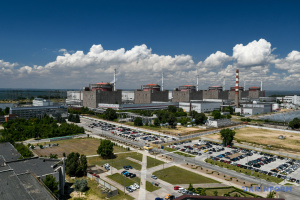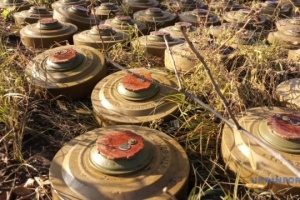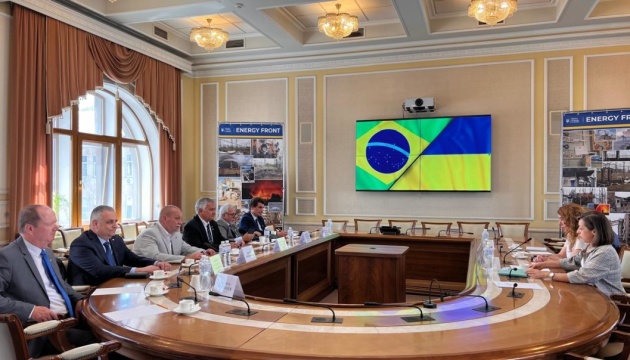
Ukrainian Energy Ministry, Brazilian parliament representatives discuss energy cooperation
Brazilian Ambassador to Ukraine Norton Mello Rapesta attended the meeting, Ukrinform reports, referring to the Energy Ministry’s press service.
The Ministry of Energy noted that this visit of the Brazilian delegation to Ukraine was the first since 2012. During the visit, the Brazilian side reaffirmed its support for Ukraine in its struggle against Russia and the importance of achieving a just peace.
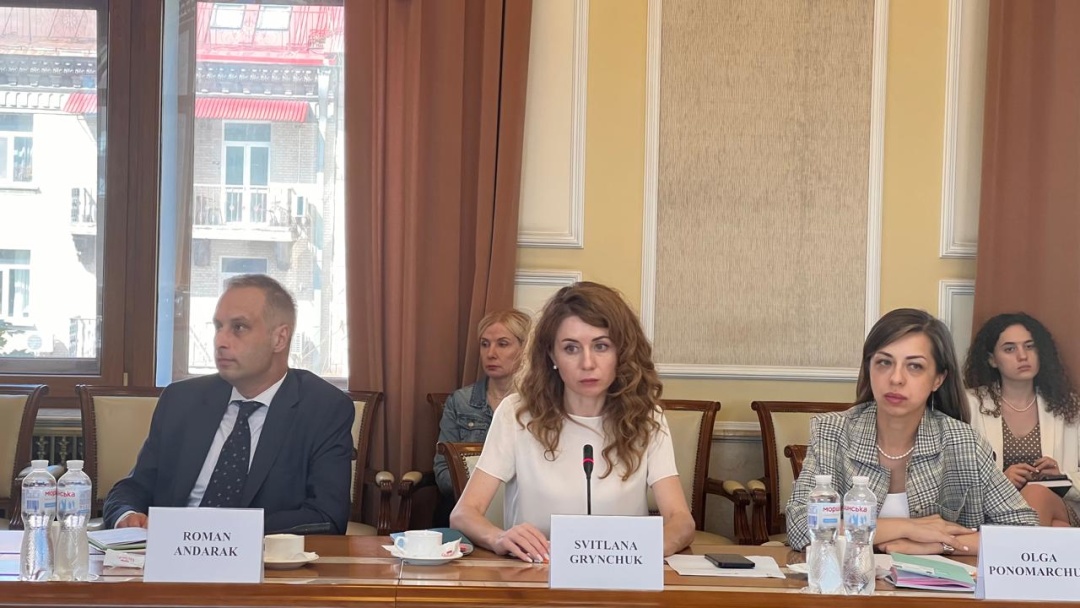
The deputy ministers briefed members of the Brazilian parliament on the difficult situation in the energy sector, which has been one of the key targets of Russian attacks since the full-scale invasion.
The meeting underscored the pivotal role of international assistance and cooperation in the restoration of Ukraine's energy infrastructure and the implementation of initiatives to install supplementary generating capacity, which is needed after the loss of about 9 GW due to attacks by the Russian army.
Hrynchuk noted that one of the priorities of the Ministry of Energy today is the advancement of distributed generation capabilities.
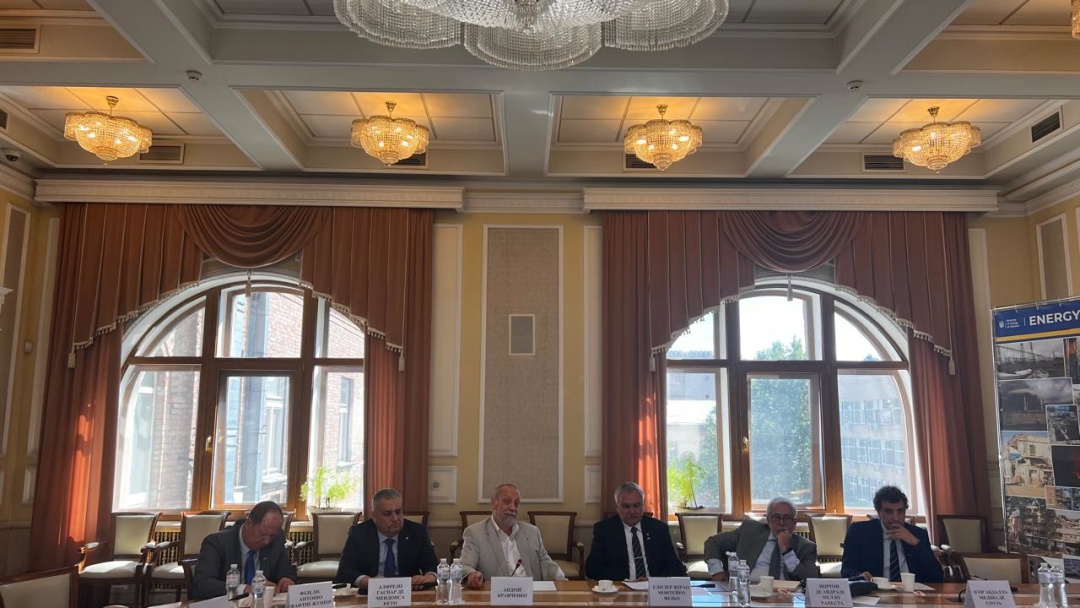
"An important area of work is also the development of renewable energy capacities, particularly solar and wind generation. We are interested in learning from Brazil's experience in this area," she added.
During the meeting, the parties additionally acknowledged the efficiency of the mechanism for attracting international assistance to the Ukrainian energy sector through the instruments of the Ukraine Energy Support Fund.
The special focus was dedicated to nuclear generation, which supplies Ukraine with up to 60% of its electricity. In this context, the parties discussed the necessity of ensuring the safety and operation of Ukrainian-controlled NPPs, as well as the importance of returning the Zaporizhzhia NPP, which was seized by Russian forces, to Ukrainian control.
As Ukrinform reported earlier, Ukraine must build more than 12 gigawatts of capacity in the coming years in order to have an energy system resistant to possible attacks, with EUR 12-13 billion needed for this.
Photo: Ministry of Energy

